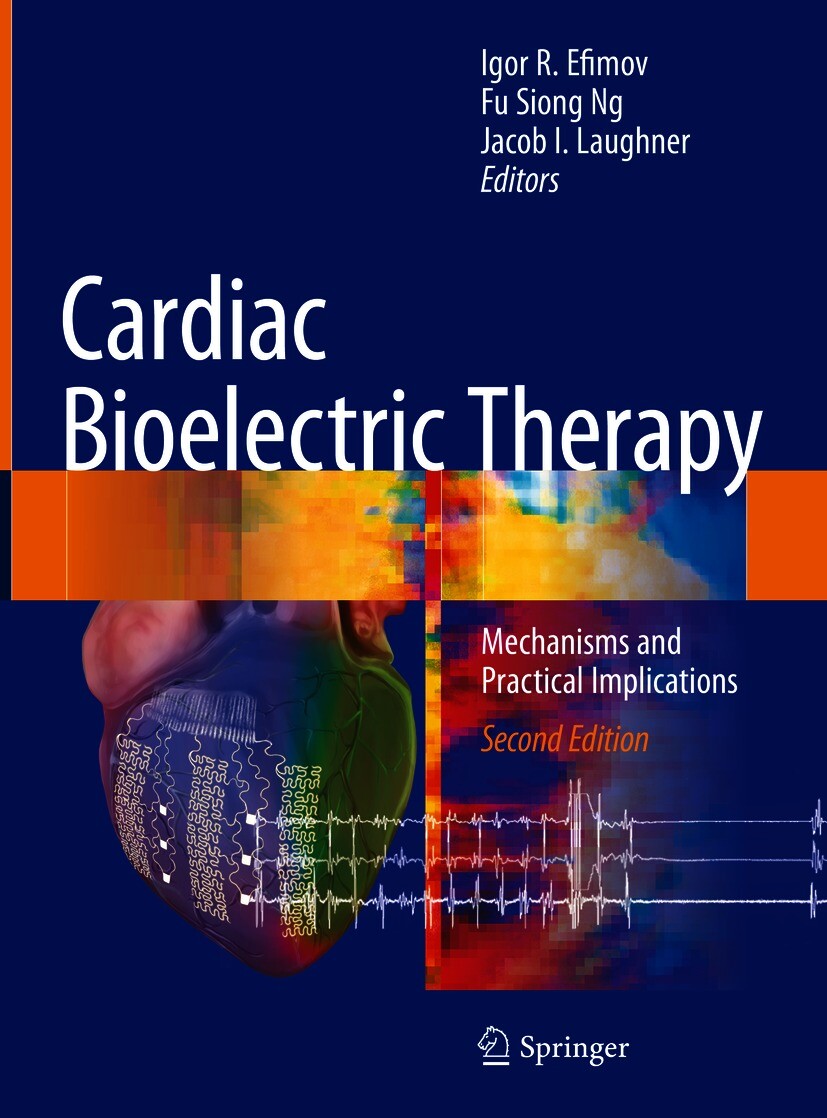Cardiac Bioelectric Therapy
Mechanisms and Practical Implications
| Auflage | 2. Auflage, 2021 |
| Verlag | Springer-Verlag |
| ISBN | 9783030633554 |
Produktbeschreibung
The updated and expanded second edition of this book presents a contemporary review of the basic science, engineering technology, and clinical practice of cardiac bioelectric therapy. It covers the rapidly expanding technological development of pacemakers and defibrillators as well as ablative therapy, electrophysiological mapping, and other clinical diagnostic and therapeutic breakthroughs. The book highlights many different aspects of bioelectric therapy, including history, biophysical and computational concepts, basic electrophysiology studies, engineering technology advances, and clinical perspectives.
In this revised edition, leading clinical and basic electrophysiologists share their perspectives on the science behind the mechanisms of cardiac arrhythmias; breakthrough technologies for scientific and clinical investigation of heart rhythm disorders; theoretical conceptualization of arrhythmias and treatment using state-of-the-art computational approaches; and novel approaches to treatment of cardiac arrhythmias using implantable devices, percutaneous ablation therapies, machine learning, and other approaches.
The Second Edition of Cardiac Bioelectric Therapy is an essential resource for physicians, residents, fellows, and graduate students in clinical cardiac electrophysiology, cardiology, and cardiac surgery as well as researchers, professionals, and students in biomedical, mechanical, and electrical engineering.
